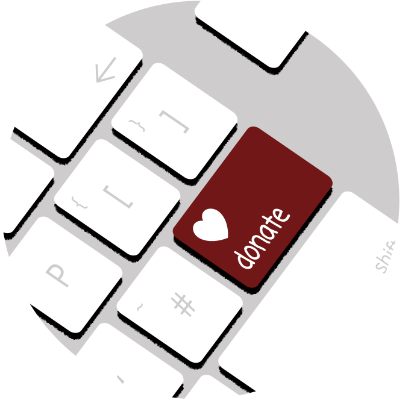Impersonation
Impersonation
Online impersonation involves creating a fake account or profile that mimics another person, organisation, or entity. This act can be carried out on various online platforms, including social media, dating, and gaming sites. Below is some useful information about impersonation and what to do if you find yourself in this situation.
What is online impersonation?
Online impersonation occurs when someone pretends to be someone else online. This often involves creating a fake profile or account using another person's name, photos, and personal information. The goal is usually to deceive others into believing they are interacting with the real person.
Why do people impersonate others online?
People may impersonate others online for various reasons, including:
- Fraud and scams: Impersonators might try to trick people into giving them money or personal information.
- Bullying and harassment: Some people may use impersonation to harass or embarrass the person they are pretending to be.
- Spreading misinformation: Impersonators can spread false information under the guise of being a trustworthy source.
- Identity theft: By pretending to be someone else, impersonators can gain access to private accounts and sensitive information.
How can I spot signs of online impersonation?
- Check the profile details: Look for inconsistencies in the profile information, such as incorrect or missing personal details.
- Verify with the person: If you suspect someone is being impersonated, contact the real person through another known and verified method.
- Look for verification marks: If you suspect that your favourite influencer is being impersonated, check if their real account is verified (blue ticked). If the account isn’t verified, it might be an impersonated profile.
What can I do if I'm being impersonated online?
- Report the account: Most social media platforms have a process for reporting impersonation. You can find these procedures below.
- Inform your contacts: Let your friends and followers know that the fake profile is not you to prevent anyone from falling for a potential scam.
- Strengthen your privacy: Use strong, unique passwords and enable two-factor authentication to protect your accounts.
How to protect yourself from online impersonation
- Keep personal information private: Be cautious about the amount of personal information you share online.
- Regularly monitor your online presence: Periodically search for your name and check social media platforms for any unauthorized accounts.
- Stay up to date: Keep informed about the latest online security practices and share this knowledge with others to help prevent impersonation.
By understanding what online impersonation is and knowing how to recognise and respond to it, you can better protect yourself and others from this type of online harm.


